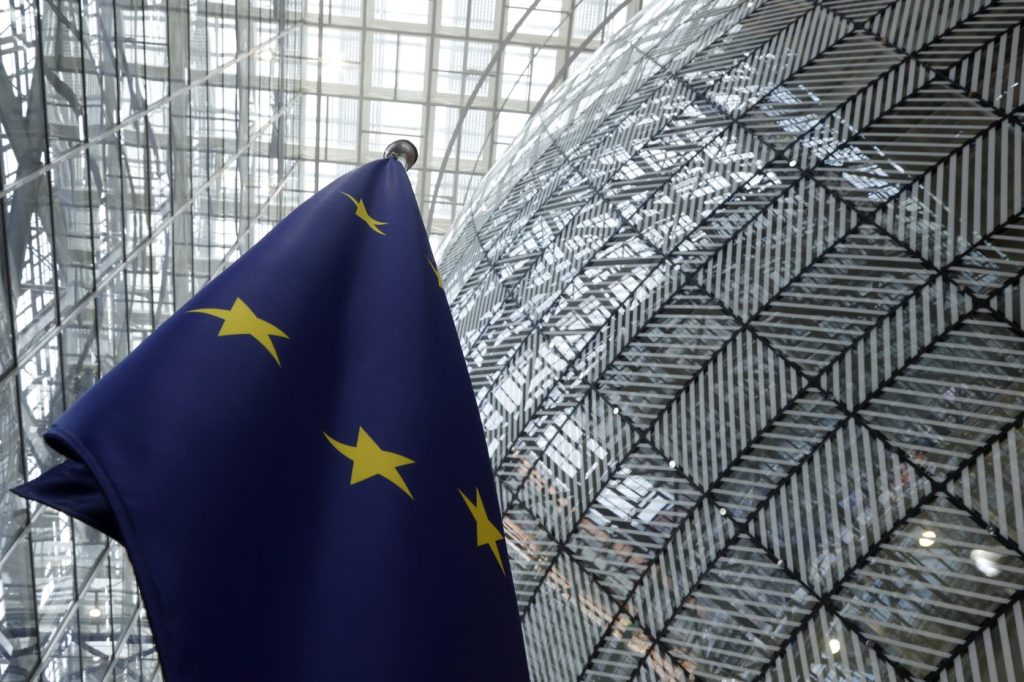BRUSSELS (AP) – The leaders of the 27 European Union member nations are convening on Thursday in Brussels to discuss a range of pressing issues, including the implementation of tougher sanctions against Russia, strategies to mitigate potential new tariffs from the United States, and how to amplify their influence in ongoing conflicts in the Middle East.
The summit follows a brief yet intense NATO meeting where many of the leaders committed to significantly increasing defense spending and sought to smooth over their differences with U.S. President Donald Trump.
Ukrainian President Volodymyr Zelenskyy is expected to participate in the EU summit via videoconference, having spoken with Trump the day before. The recent NATO summit saw Ukraine's status downgraded from a top priority to a lesser focus, yet the ongoing war in Ukraine remains a crucial concern for EU nations.
Discussion during the summit is anticipated to include the 18th round of sanctions against Russia, as well as the continuation of a price cap on Russian oil—a measure that has met with opposition from some member states due to its potential to increase energy prices.
In addition, the EU is grappling with the implications of Trump’s threatened tariffs, which pose a significant concern for the union, as it negotiates trade agreements on behalf of all member countries. Trump recently criticized Spain for not increasing its defense spending, casting a shadow of potential further tariffs. In response, French President Emmanuel Macron has called out Trump for initiating a trade war with longstanding allies.
European leaders are also focused on the consequences of ongoing conflicts in the Middle East, advocating for a revival of diplomatic talks with Iran regarding its nuclear program. This concern is compounded by internal divisions within the EU. Member states are divided on policies towards Israel, particularly regarding its actions in Gaza. Additionally, left-leaning factions have criticized European Commissioner Ursula von der Leyen for shifting priorities away from the EU's climate leadership in favor of increased military investment.
Defense and security are likely to dominate the summit's agenda, culminating in a conclusive statement that will outline the EU’s priorities for the next four months. This statement could serve as a barometer for political sentiments in Europe, reflecting views on significant regional and global issues.
In summary, the upcoming EU summit in Brussels is set to address major geopolitical challenges as leaders work to navigate complex relations with both Russia and the United States, while also managing internal divisions on foreign policy and defense spending.











